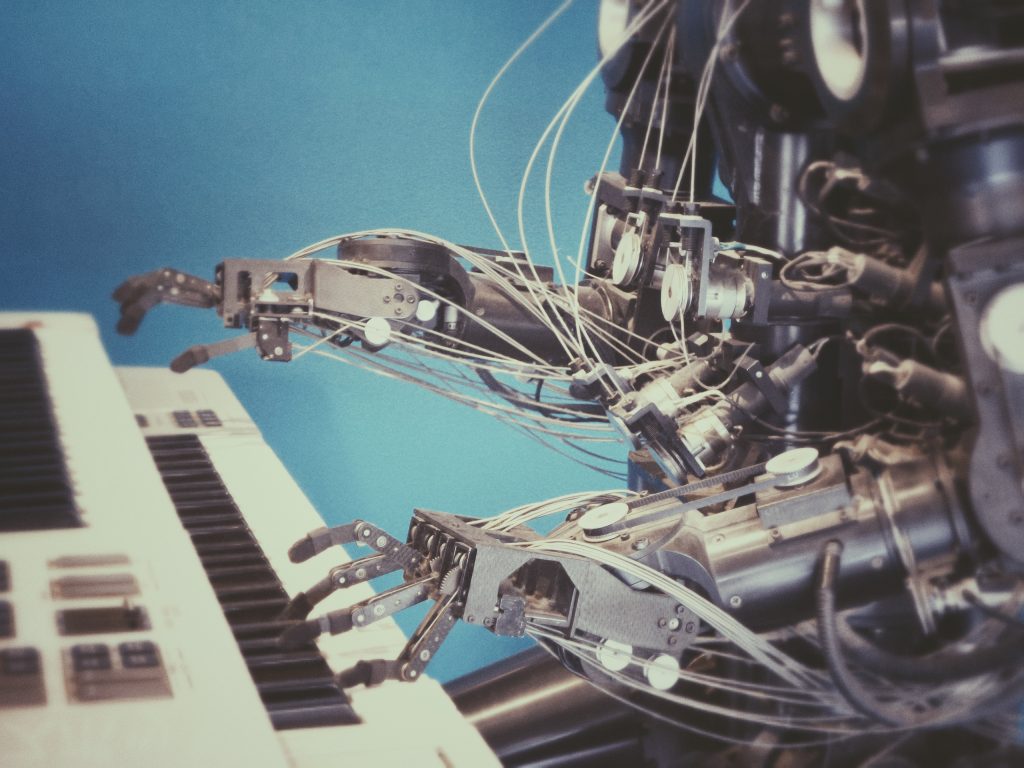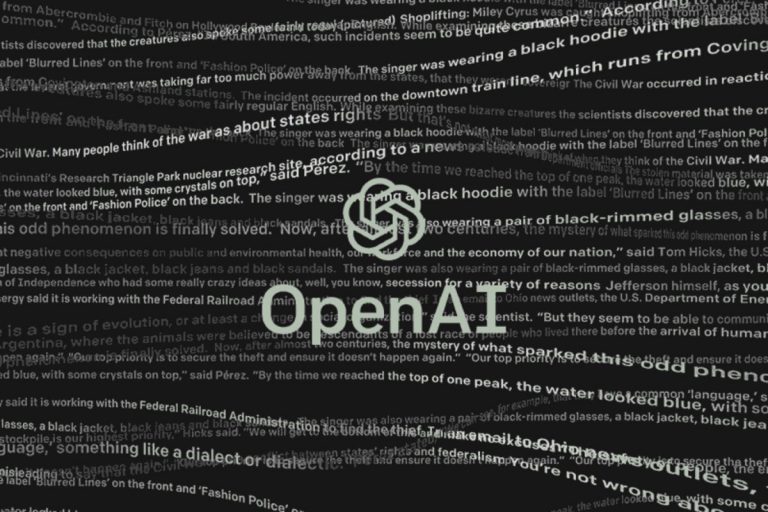In the past, there was a very clear hierarchical difference between the owner of a business and their staff. Cutting people in service of profits was an easy decision to make. When the company had reached a fork in the road, such actions were always predictable. The fight between people vs. profit almost always favoured profit. Following the transition to culture-led teams, the dilemma is upon us again. However, this isn’t due to another culture shift. This is due to the conflict triggered by process automation.
The question is back on the table because profit is starting to win again.
There’s a war for talent, and the best leaders know that having the right staff focussed on the correct tasks leads to success.
Culture Has Been On The Rise
I spoke with Former CEO of Facebook Australia Stephen Scheeler on my podcast recently (listen here), who echoed these sentiments by explaining the importance Facebook placed on people and culture when he was there.
“People are becoming more important than ever”, Stephen insisted.
And isn’t it ironic and unusual that in a world that’s being disrupted by technology, it is people and culture that are most important?
You must preserve your staff as best as you can. But “best” in this context, depends on the decisions you make amidst the rapidly evolving world of automation. And the best action may not make sense at first.
In fact, I would argue that regardless of your people led decisions, some industries are ripe for a huge degree of disruption led by process automation.

Process Automation Will Happen
Let’s rewind to the Industrial Revolution. Jobs were replaced, and many thought it was the beginning of the end.
Why?
Because when machines made tasks more autonomous, people assumed that there wouldn’t be enough “new jobs” (such as mechanical engineers) needed to product the machines. This was true, except it removed the single most important variable, output.
People assumed that the volume of output required would not change when machines were introduced. They also assumed machines needed less people to manufacture them than the sum of people required to carry out the same task. While the latter is true, the former is not. Output needed to increase alongside population rise and consequently, consumption.
The same is true for today. Automation will create new jobs. However, despite the number of new jobs not aligning perfectly with the number of retired jobs, the net difference is balanced by the required growth in productivity expected by an ever evolving population.
You may choose to resist automation. Don’t.
The dark reality is that if you don’t automate, your competitors will.
Automation will happen, whether you like it or not. If you don’t, your competitors will, and the outcome will be an inability to match their lower costs and efficiency gains, which will leave your company in the dust.

What Does Automation Mean For The Workforce?
So whilst you feel like you’re doing the wrong thing by your people in not keeping them employed, you’re not. You’re forcing them to grow by ensuring they pivot into new roles, because they’re going to have to eventually anyway.
You may think this is strange for a culture-led organisation like Station Five to be publishing, and on many accounts it is. However, automation pushes people, businesses, and the world forward. Whilst there’s an initial shock, people adapt quickly.
My team and I have been involved in many industries that have been disrupted due to technology, and the outcome is consistently better for everyone in the medium and long term. This is why we are such huge advocates for it.
If you’d like to learn more about our process automation offering, please click here.




